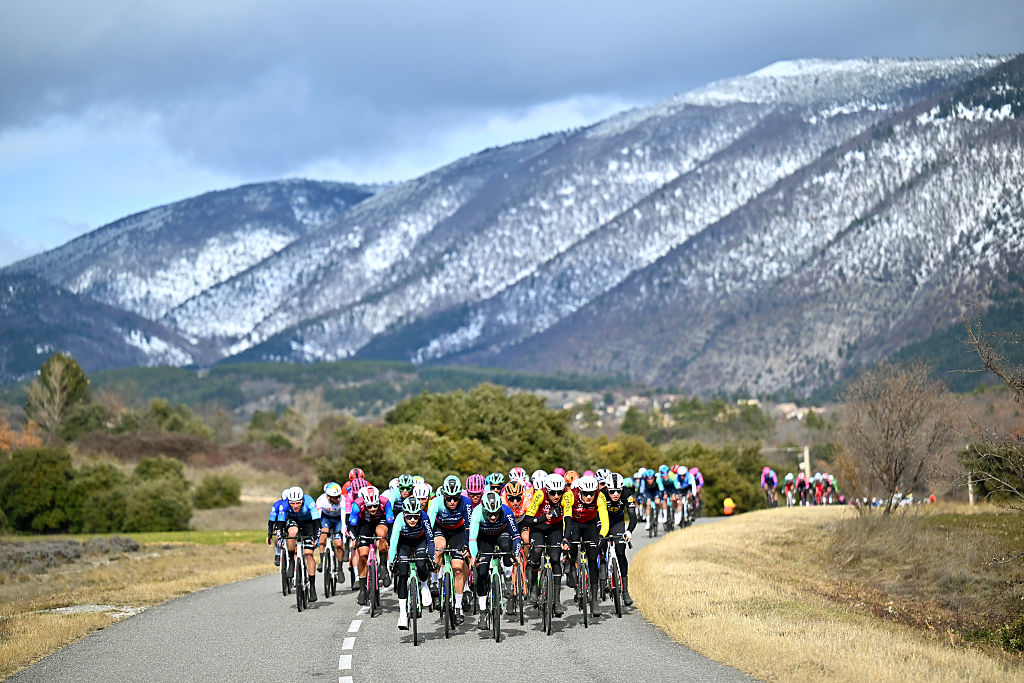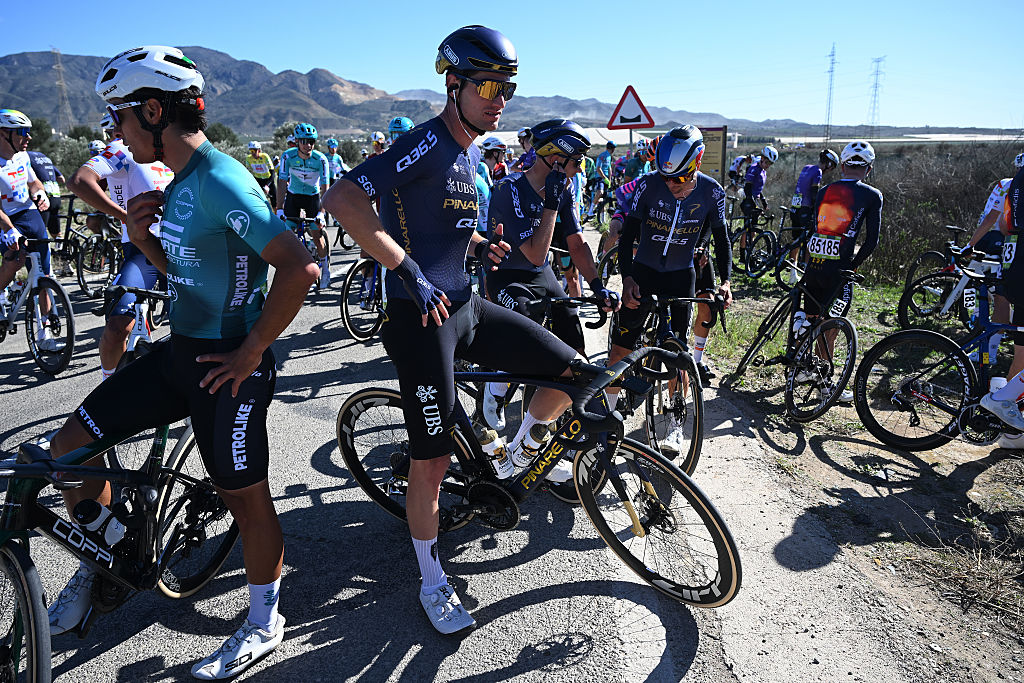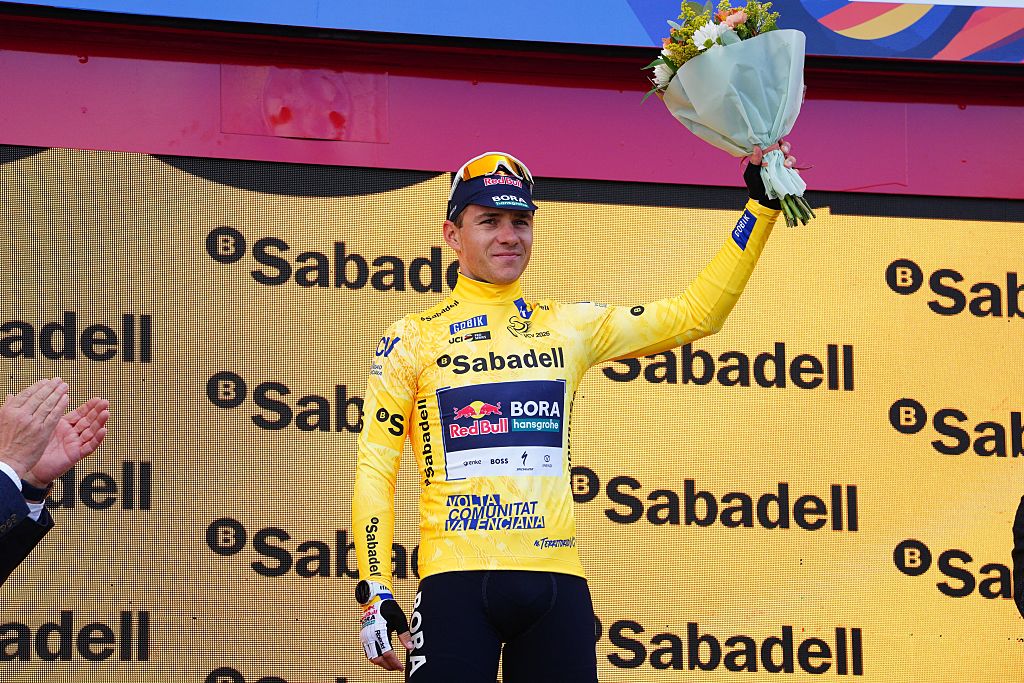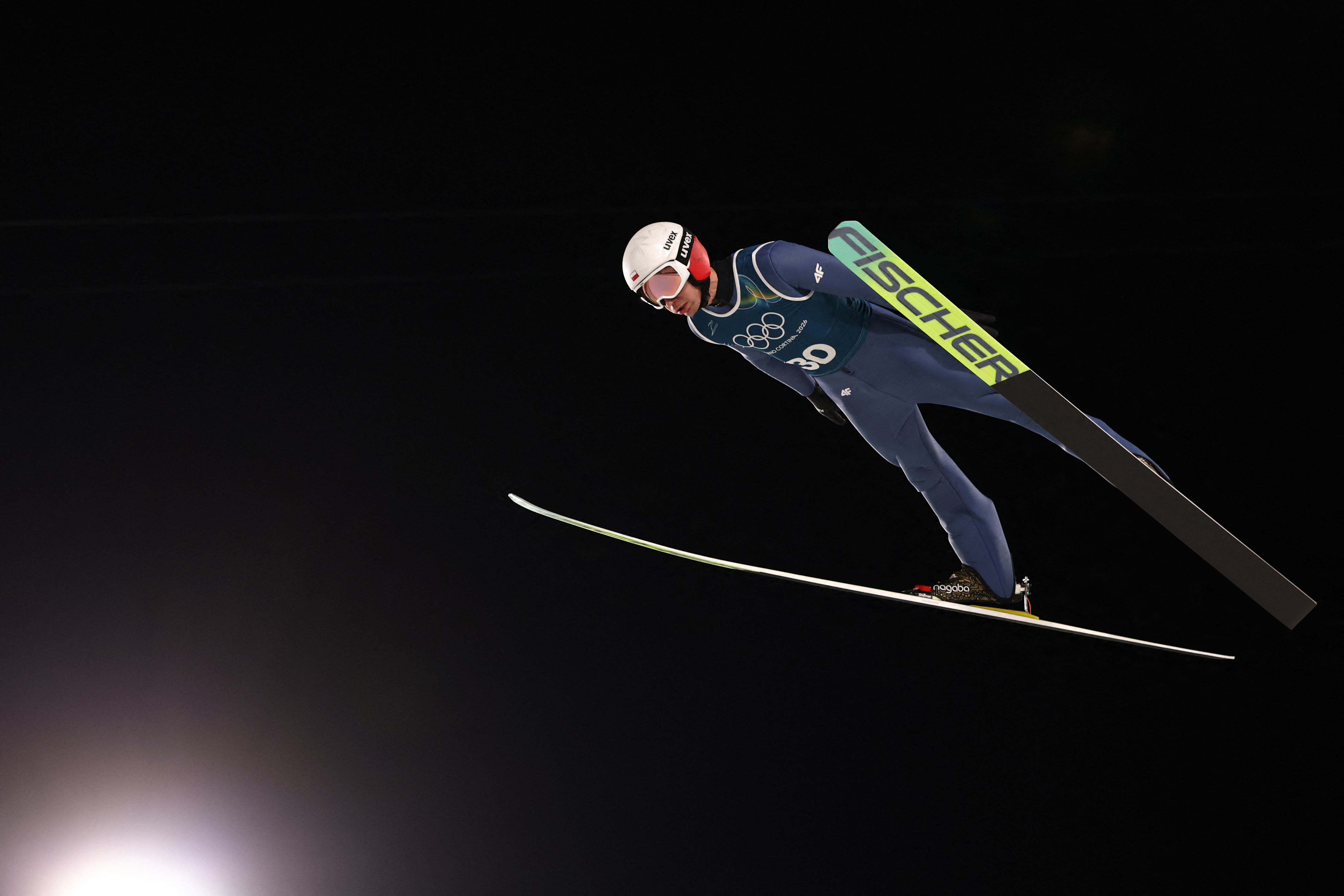'Much tougher than expected': Vuelta a España faces stage 9 summit finish – Preview
Another GC day on ramps of up to 20% on the Collado de la Cruz de Caravaca
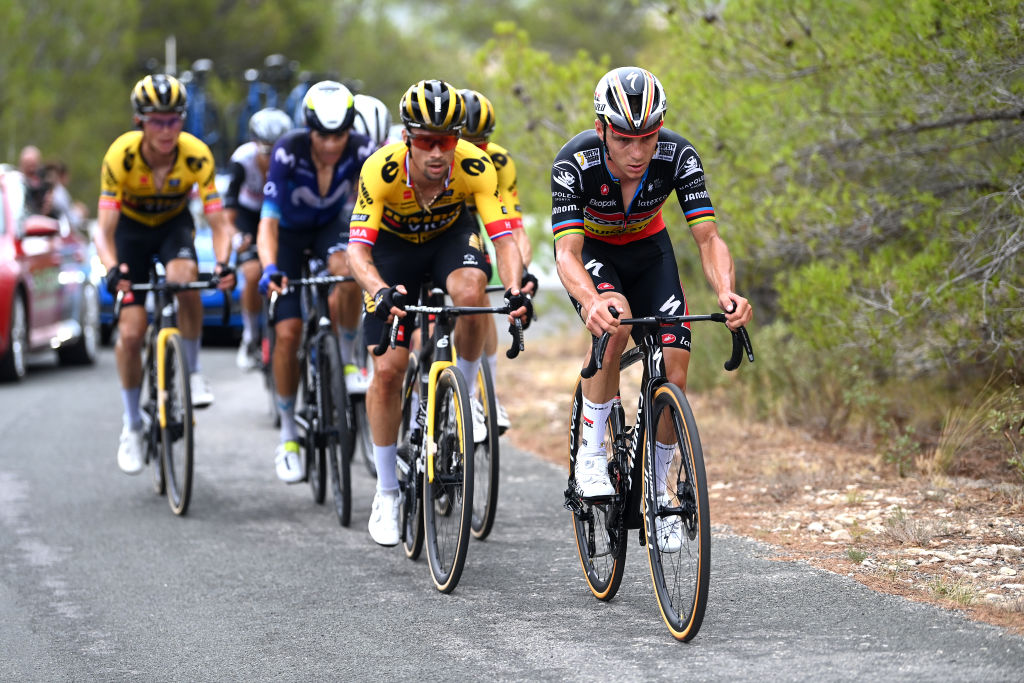
The latest race content, interviews, features, reviews and expert buying guides, direct to your inbox!
You are now subscribed
Your newsletter sign-up was successful
Stage 9: Cartagena to Collado de la Cruz de Caravacaí
Date: September 3
Distance: 184.5km
Stage type: Hilly
The Vuelta a España's trademark predilection for new summit finishes has already been much in evidence this year in the shape of the daunting final ascent of El Arinsal in Andorra last Monday.
And this Sunday, there's more of the same when the Vuelta finishes its first block of racing with yet another unknown ascent, the Collado de la Cruz de Caravaca deep in southeast Spain.
Ranked as a second-category climb at 8.2km long, and with an average gradient of just 5.5%, on paper the Collado does not sound particularly intimidating. But as the now-retired local rider Alejandro Valverde pointed out recently after checking out the climb, "It's much tougher than I expected."
The latest race content, interviews, features, reviews and expert buying guides, direct to your inbox!
The relatively low average gradient is in fact due to a series of short descents on the climb. But these are more than compensated for by some extremely steep ramps – five in total – of anything between 15 and 20% and the constant changes of pace will in fact make it much harder for riders to calculate how to best to use their strength en route to the summit.
The chances of major differences between the top favourites are not huge and as Valverde told Spanish newspaper AS, the most likely scenario for the finale is an uphill sprint between five or six riders.
But the irregular pace required to handle the Collado, a climb that few riders will have tackled given it is a long way off the beaten track for riders in team training camps in Spain, could catch out the unwary.
Factor in the heavy rainfall expected for at least part of the day, and there could be surprises on the very last day of the Vuelta's first week.
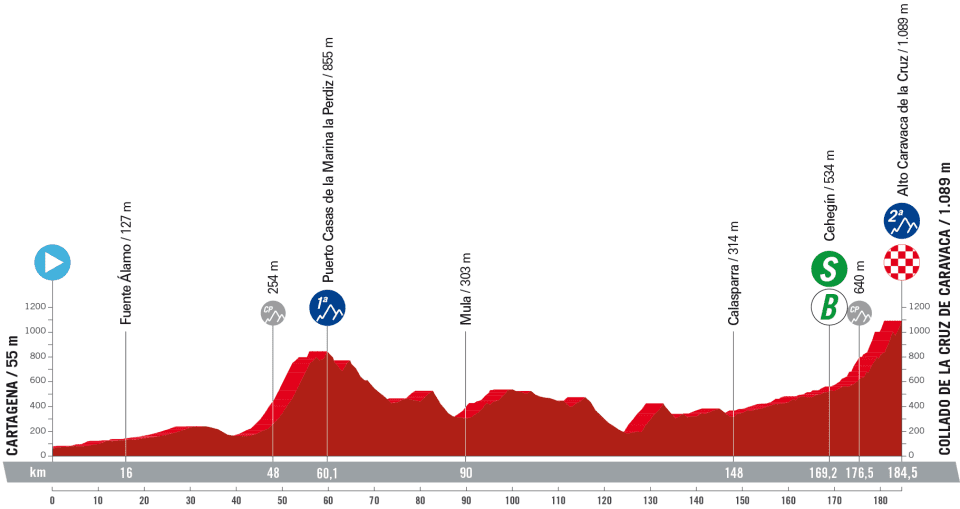
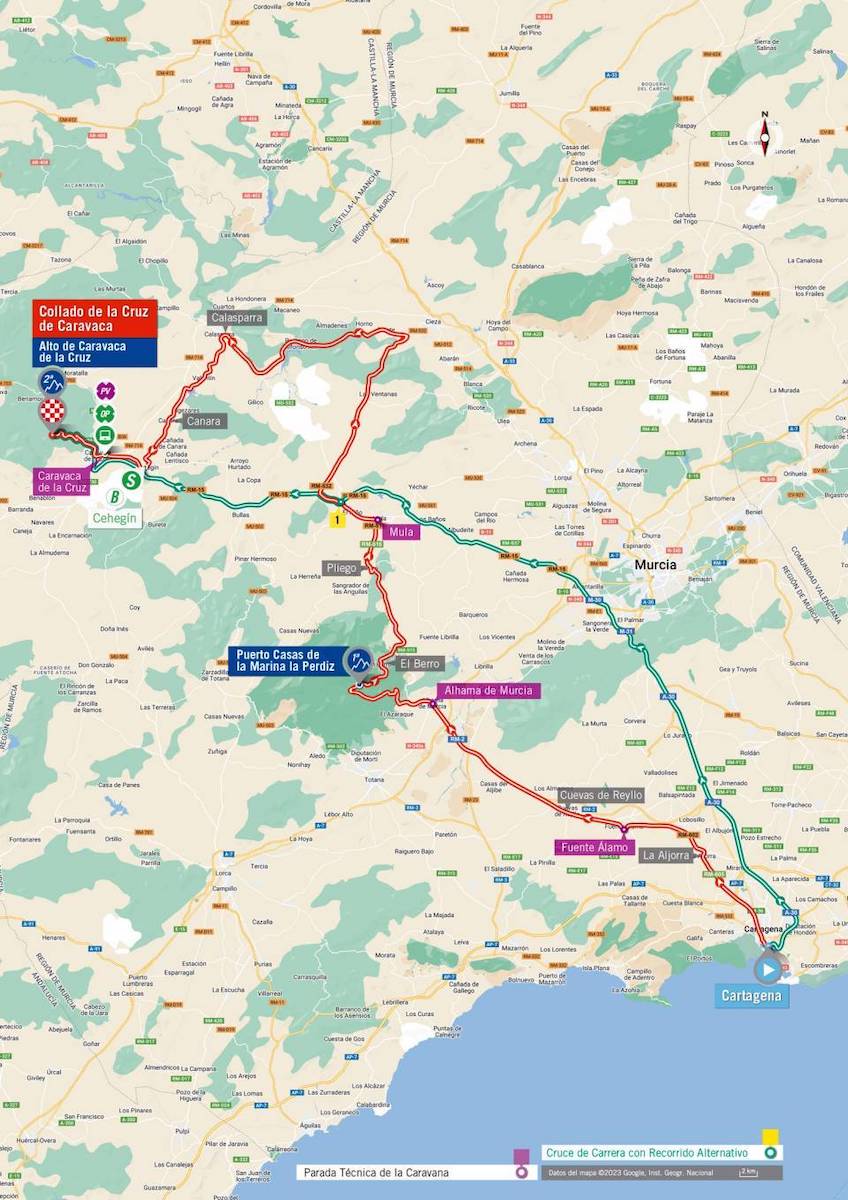
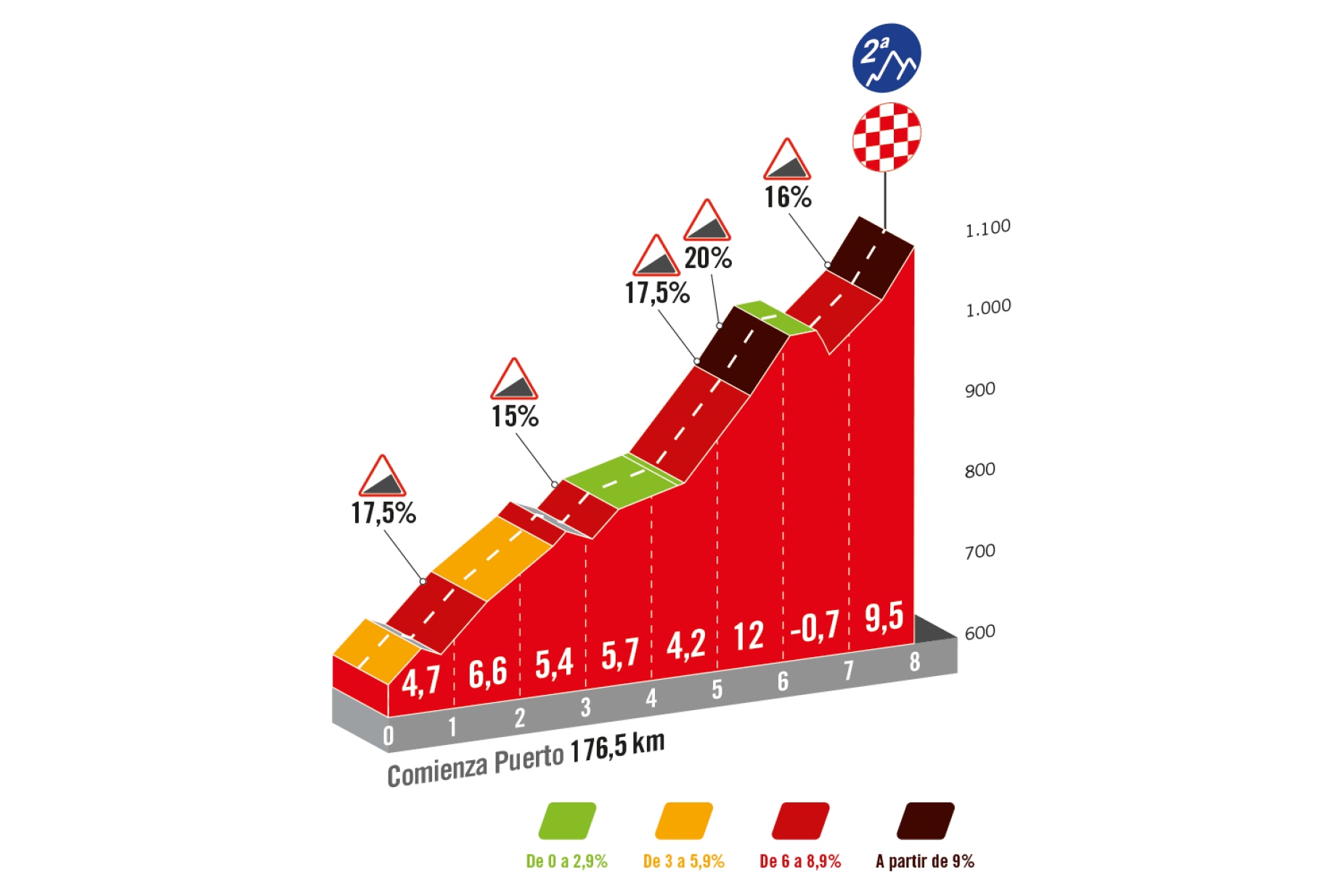
Globally speaking, the stage itself is considerably more straightforward than Saturday, with a total of 2,800 metres of vertical climbing, nearly 1,000 metres less than when the peloton tackled the Xorret de Catí on stage 8. After the 184km stage starts in the historic port of Cartagena, a long first-category ascent of la Marina la Perdia (km 60) looks certain to see the early breaks go.
Yet the real sting in the tail is the Collado de la Cruz de Caravaca, looming high above the town that gives the climb its name.
"It surprised me," Valverde told AS after doing a recon with two training partners this summer. "I thought it would be less difficult, but no way. If you discount the little downhills and false flats, the climb doesn't drop from 9,10, 12, 13%. It's a climb that will do some damage."
The first part of the climb is relatively easy, Valverde said, and he calculates that from bottom to top it will take around 20 to 22 minutes in total. Although the road is narrow and exposed in places, normally there is a prevailing tailwind in the area, so it is unlikely there will be splits.
The crunch moment, though, will likely come at three kilometres from the line, with a 20% ramp and then a sudden last section of downhill before the kick up to the finish.
"If you want to win then you have to attack with three kilometres to go and then go flat out from there," Valverde told AS. A ramp of 16% in the last kilometre constitutes the last major challenge, and after a right-hand bend, the finish line is situated in a small heliport at the summit, 1,089 metres above sea level.
Given the climb's strange format, it is hard to predict who could be a favourite, maybe even more so given the likes of Remco Evenepoel, Primož Roglič, Jonas Vingegaard, Sepp Kuss, Juan Ayuso, and Enric Mas looked so well matched on the Xorret de Catí.
However, as a last opportunity for the mountain specialists to gain some more time before Monday's rest day and Tuesday's crucial 25.8km time trial in Valladolid, it's an opportunity they won't want to let pass by unnoticed.
Alasdair Fotheringham has been reporting on cycling since 1991. He has covered every Tour de France since 1992 bar one, as well as numerous other bike races of all shapes and sizes, ranging from the Olympic Games in 2008 to the now sadly defunct Subida a Urkiola hill climb in Spain. As well as working for Cyclingnews, he has also written for The Independent, The Guardian, ProCycling, The Express and Reuters.
Latest on Cyclingnews
-
Tour de la Provence stage 2: Matthew Riccitello outclimbs Carlos Rodriguez to claim his first victory for Decathlon CMA CGM
Brandon Rivera is third on snow-lined final climb as Riccitello takes over race lead -
'Race neutralised' - second and final stage of Vuelta a Murcia cancelled due to gale-force headwinds
Setmana Valenciana stage in neighbouring region already cancelled because of rough weather -
'We all but lost him as a person' - Remco Evenepoel's father says tough times in rear view mirror for Belgian star, as new Red Bull-Bora-Hansgrohe signing goes from strength to strength in 2026
Patrick Evenepoel increasingly concentrated on R.E.V. Academy as Remco heads to UAE Tour -
Carbon fibre, special wax, and penis injections: Are the Winter Olympics more technologically advanced than the Tour de France?
We take a look at the technical innovations, physiology, and controversies between world class cycling and Winter Olympics sports

